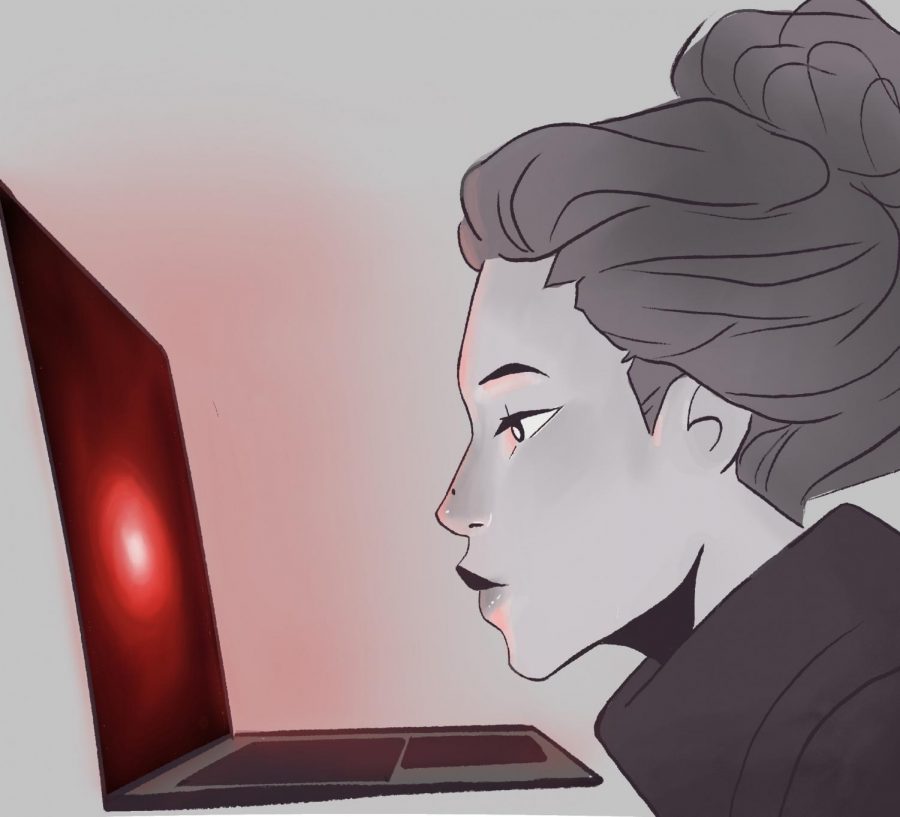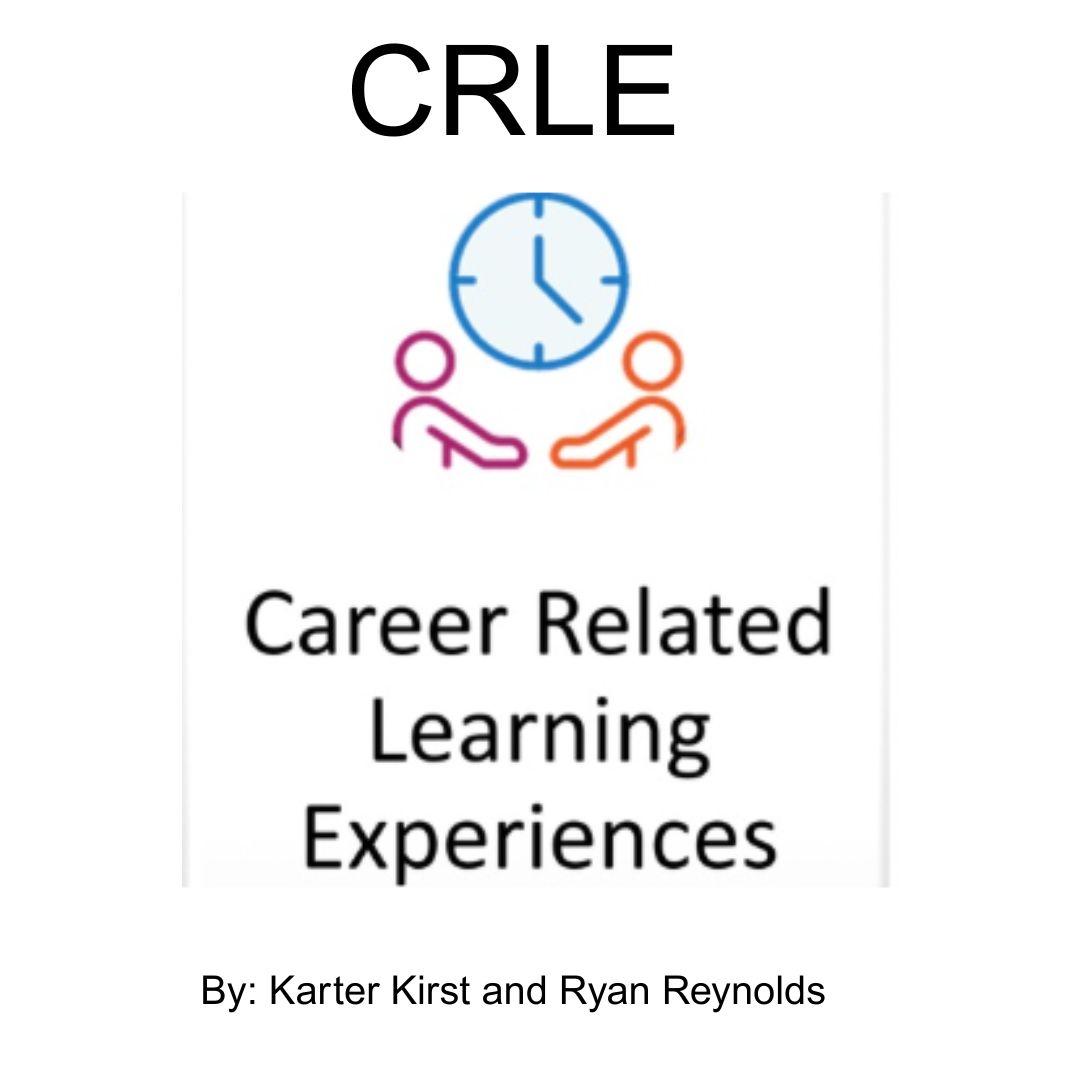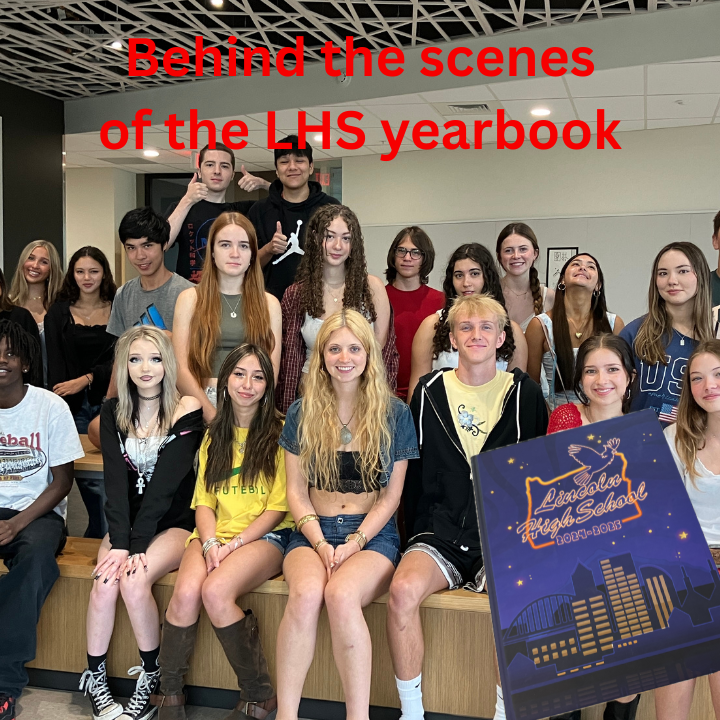Opinion: Mindless monitoring causes more harm than good
June 8, 2021
Teenagers of prior generations were subjected to monitoring by their parents about where they went or who they hung out with. In contrast, today’s teens are also being subjected to the monitoring of their online use.
There are many layers of tracking and monitoring. Some are voluntary, like Find My iPhone, and some are involuntary, like government data tracking. Some we may barely be aware of, like the systems marketers use to serve us advertisements. There are practical benefits to these systems like getting ads better tailored for what we’re looking for, but there are privacy risks as well. From the moment you buy a phone, every move you make is tracked by the government, according to the ACLU. For each app that you click on, how much time you spend on it and what you do there is all recorded. This information is sold to marketers who use that information to advertise to you, according to Fast Company.
One main risk associated with government tracking is the fact that the government is able to know our location at any time and any place, causing our information to be at risk in the event of a government data breach.
Parents often opt into parental control software to keep tabs on family members. Apps like Life360, a location-based sharing app, offers options like showing how fast family members are driving, as well as their phone battery percentage and their location.
Parents tracking their child’s every move can be harmful. In some cases, it causes loss of trust between parents and teens and motivates teens to break rules more often. It can also make parents think online parenting is a substitute for in person parenting and monitor what they’re doing online instead of having a conversation with them in person.
If you’re a student, you are surveilled at school as well. Portland Public Schools (PPS) monitors our search history. Netop Vision, another student monitoring software, was added two years ago to further monitor student activity, and schools can now add it to students’ personal computers as well as school-issued Chromebooks. PPS has also recently added Securly, which sends parents information about student activity on PPS accounts.
Without a clear explanation of the rationale for each of these systems, I wonder who is being protected. Are we being protected from the internet, our own bad impulses or is the district being protected from legal liability? At the very least, it would be helpful if the district could communicate about why they’re monitoring us so closely.
PPS now has three monitoring softwares to view all student activity. I would like to know who consumes this data and what is it used for? Do we really need three systems to monitor students? Are parents being notified about the impact these systems may have on their student’s privacy? What is the financial cost of these programs? Are they really worth it? At what point do we just have mindless monitoring, with little benefit?
My hope is that parents as well as the district is thinking about these systems and how they fit together and looking for redundancy so that they could possibly reduce the amount of surveillance.
We are constantly being surveilled, across platforms and devices. When we come home, our location is tracked and monitored by our parents. Use your phone? Don’t worry, someone is watching that too.




